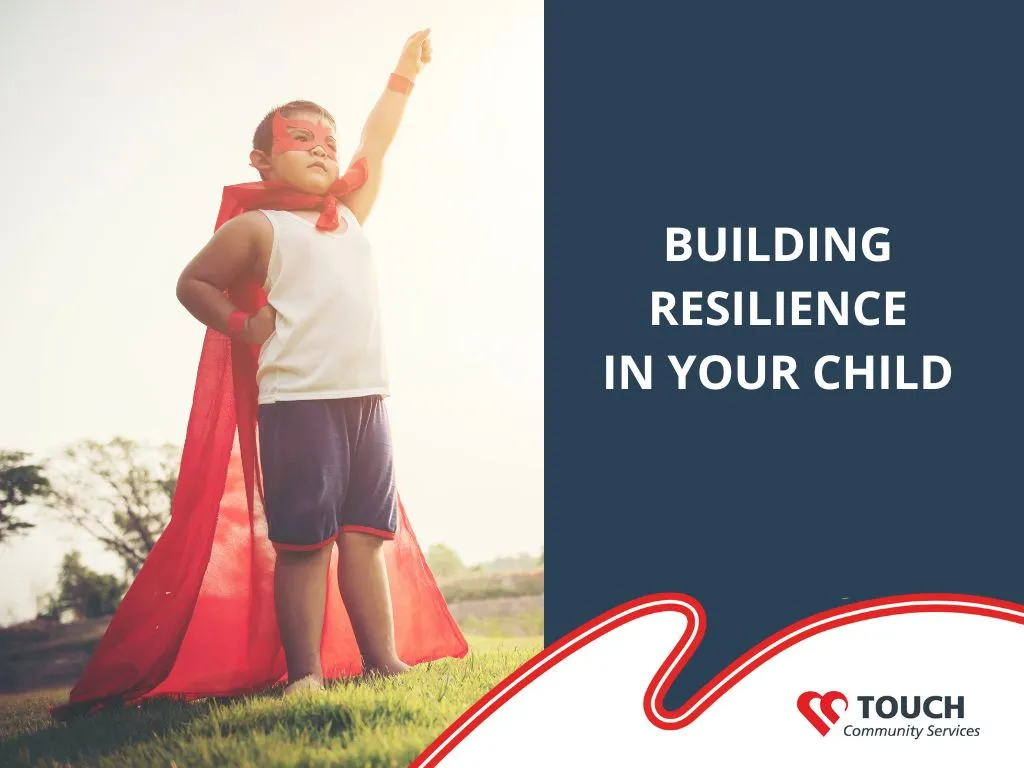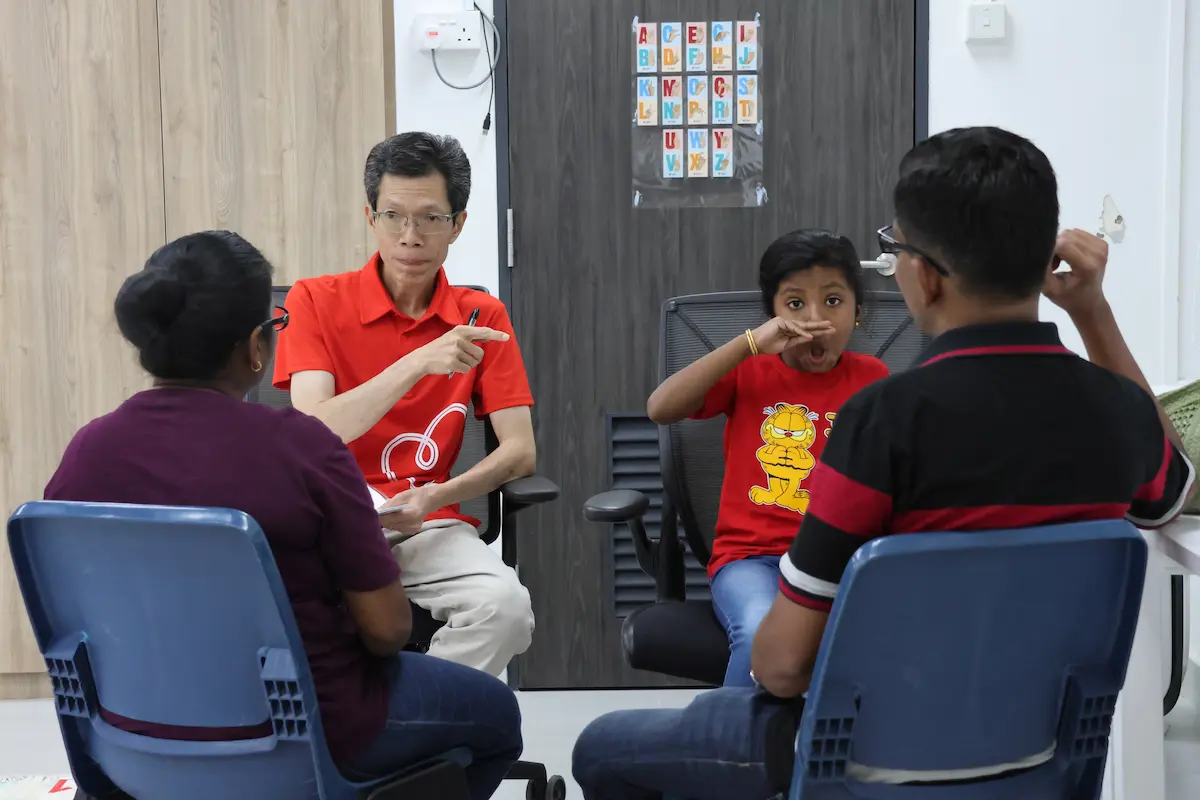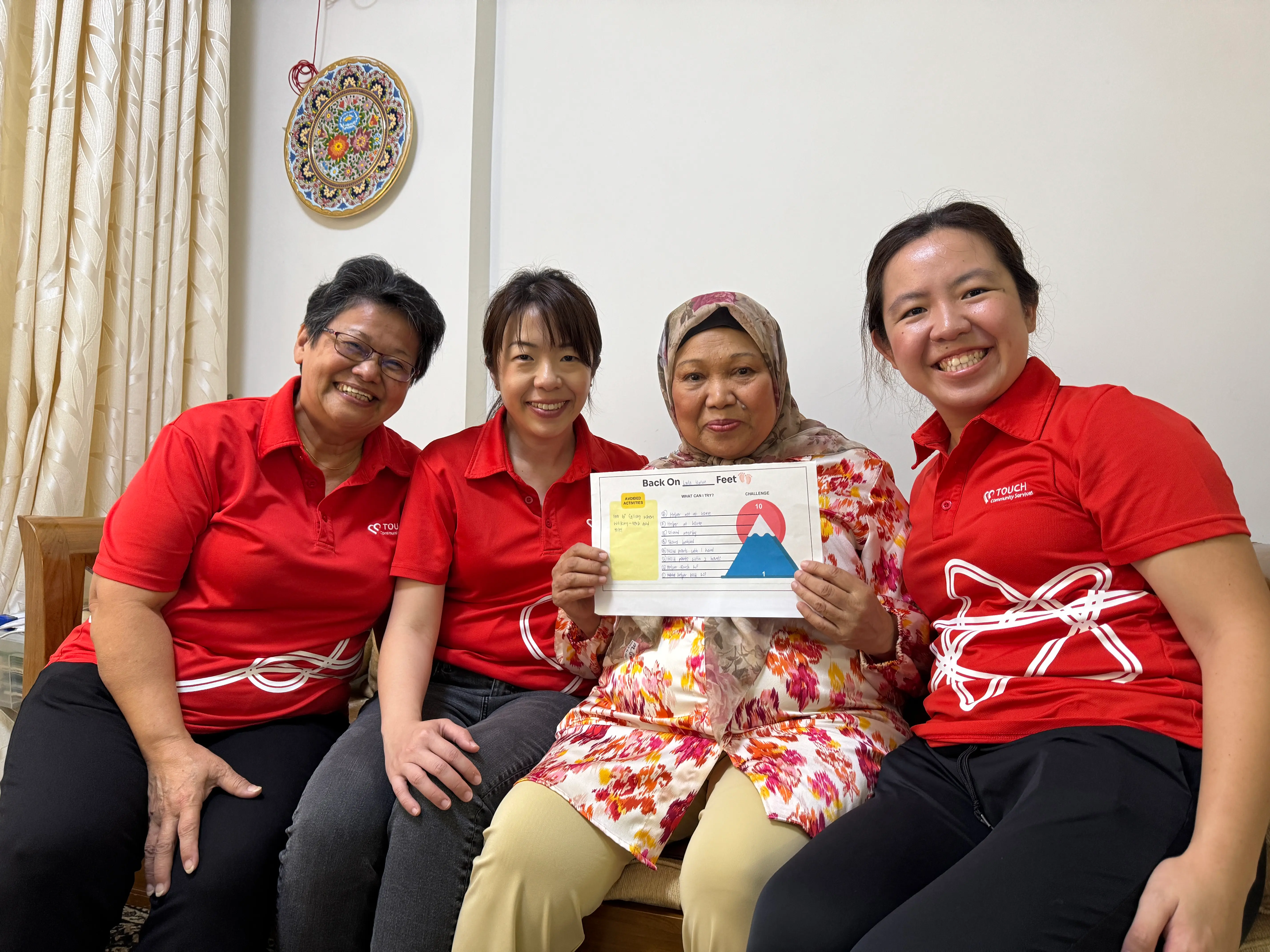Building Resilience

Contrary to popular belief, resilience is not about being unbreakable. Resilience is about adjusting your sails when the storms are coming. Building resilience is a life-long process, and it must be scaffolded through appropriate parenting.
The acronym B.E.A.M. provides simple guidelines on building your child’s resilience:
Being present
Be present, slow down and focus on one task at a time with your child. Fully attune yourself to your child’s needs to prevent soothing them only when they are in distress. It reminds us to be mindful of the situation in a non-judgmental way, allowing us to savour the time spent with our family.
Embracing imperfections
Acknowledge that we are not perfect. We all make mistakes. The important thing is to embrace our imperfections and learn from our mistakes. Teach your child to be kind to themselves, even when they slip up. Avoiding mistakes and imperfections can result in anxiety and procrastination, which may lead to other serious issues like low self-esteem and depression.
Age-appropriate and healthy risk-taking
Guide your child on how to take risks. Doing so can build their self-esteem and help them to recognise that life is not all about success and failure, but rather what you learn from it.
Healthy risk-taking also means stepping out of their comfort zone physically and emotionally. Use this opportunity to teach your child what the growth mindset is about. Show them that abilities can be developed over time, rather than perceiving them as innate talents. This allows your children to see endless possibilities. With that hope, it empowers them to bounce back from failures, and realise that setbacks do not define their abilities. Hence, parents must reward their efforts, apart from their achievements.
Modelling emotional regulation
Model appropriate self-regulation techniques. Your child learns by mirroring the actions of parents or caregivers. Thus, it is crucial that you exhibit the right behaviours you wish for your child to emulate. Regulating your emotions does not mean denying tough emotions such as anger, frustration, and sadness. You can begin this process by validating your child’s concerns as it helps them notice and process “big” feelings. Children gain a sense of safety when they realise that their parents accept or normalise their vulnerabilities too.
TOUCH Mental Wellness is here to support you and your child. Please call TOUCHline at 1800 377 2252 (Mondays to Fridays, 9am to 6pm) if you would like to speak with a counsellor.
TOUCH Mental Wellness (TMW) runs personalised therapy and counselling programmes to empower individuals to rise above their circumstances. An advocate of mental wellness, TMW has been organising mental wellness awareness mass runs, talks and workshops since 2015. It works closely with corporations to conduct mental wellness talks with an aim of equipping employees with handles to cope with stress and help them build resilience. It also specialises in mental wellness awareness and educational programmes for schools.


